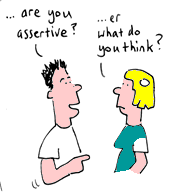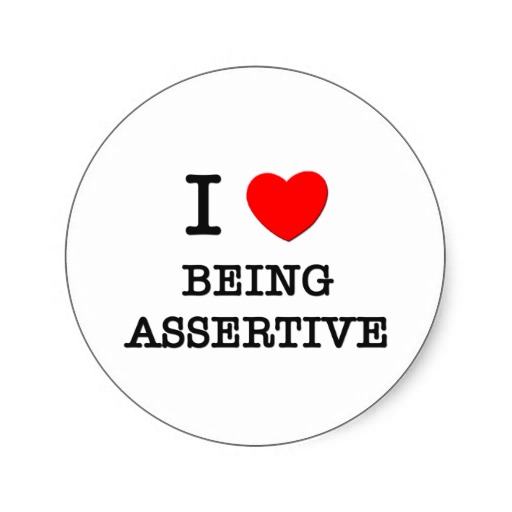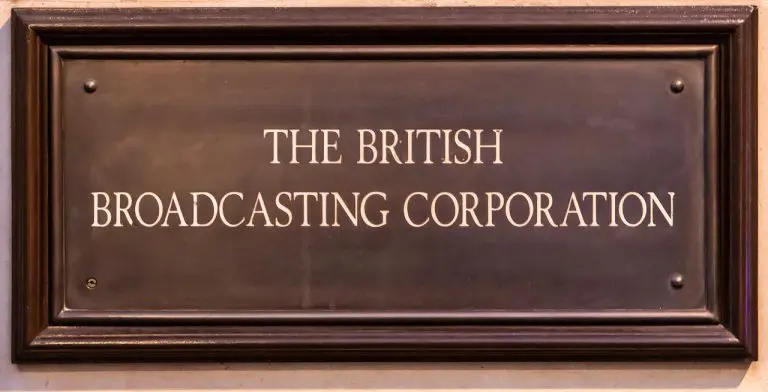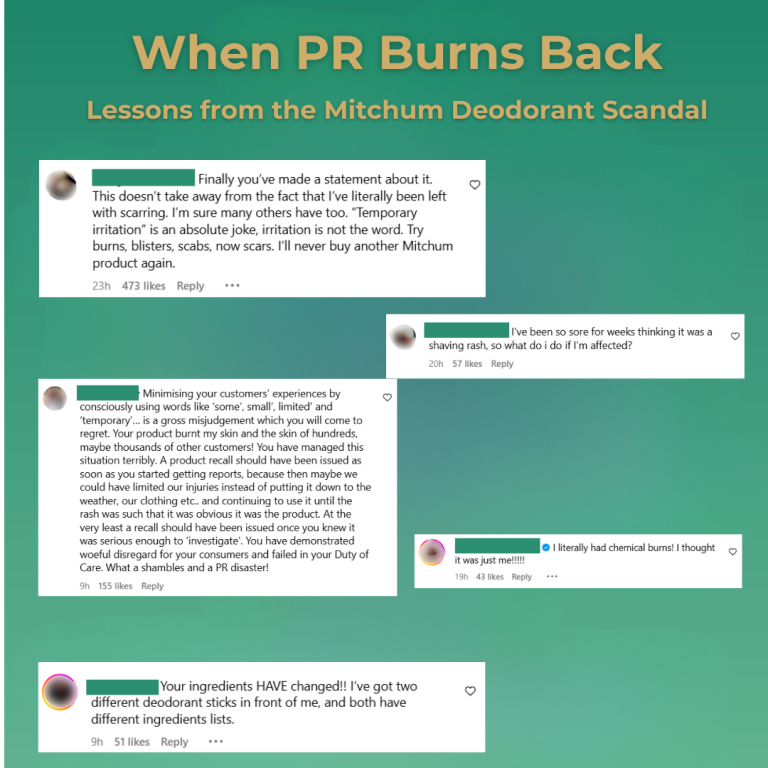Over the course of our careers we encounter the full gamut of personality types – from the aggressive to the passive, and all those in-between.
We use these traits to define people, but more often I’ve come to realise that these are not necessarily personality types but rather chosen forms of communication. Communications is my chosen field and the best communication style for me is assertiveness.
Having worked across a diverse range of fast paced media and communication fields since graduating from college one would think this would be the one thing I had nailed down, but truthfully, I am only now pursuing it.
So, can you become more assertive after reading this blog?
 Unfortunately not – Altering any kind of learned behaviour that has become as natural as breathing takes time and conscious practice and a level of single mindedness.
Unfortunately not – Altering any kind of learned behaviour that has become as natural as breathing takes time and conscious practice and a level of single mindedness.
Nevertheless, even the very act of consciously thinking about it can make you more aware of your communication approach and point you in the right direction to achieving the desired assertive style – the self-help department of Hodges Figgis!
We all know the four basic behavioural styles: assertive, aggressive, passive, and passive-aggressive.
If you are assertive, you deal with conflict as it arises, listen and truly understand others point of view and have a clear position yourself, which you won’t allow to be dismissed without a proper hearing. Isn’t this what we all aspire to?
Assertiveness also promotes effective expression, reduces emotional frustration and produces a more positive experience and is known to have a positive effect on long term career paths.
Moreover, being assertive shows that you respect yourself, because you’re willing to stand up for your interests and express your thoughts and feelings and that you’re aware of the rights of others and are willing to work on resolving conflicts.
Conversely, aggressive behaviour brings short-term advantages to the ‘difficult’ staff member – we all know him/her.
Yet these advantages are gained by intimidation and fear and it is destructive to work in these relationships, which are ineffective in achieving long term goals. Such a communicator can seek to justify forceful or insensitive behaviour in terms of work pressures. But who wants to promote this worker to manage a team or invite for an after work drink?
Passive behaviour often stems from lack of confidence.
Wishing to avoid conflict at all cost the office ‘doormat’ often apologises excessively and appears to be indecisive – the polar opposite to aggression. Everybody loves the passive colleague as they will always say yes and ask little of the rest of the office. Their problem is that they are often go unnoticed in their organisation and are repeatedly passed up for promotion.
The passive-aggressive type is a mixture of both and uses an indirect strategy of attack without taking responsibility.
They will say yes to the boss who asks them to work late but feels angry like the aggressive colleague and will avoid confrontation like the passive, so they take this third option and make a lame excuse – “So sorry, I just remembered my dog has a vet’s appointment, would love to work until 10pm on a Friday night, but it’s not fair on Fluffy.”
We all have regrets about how we have dealt with conflict and even day-to-day work scenarios.
Assertiveness is the Holy Grail for the vast majority of us, for our private and business lives – and it can be achieved. Recently, assertiveness is something I have decided to actively learn and put into practice.
Here are five easy ways that I practice and will, I promise you, get you started:
(1) Assess your style. Be honest with yourself, you know how you communicate.
(2) Use ‘I’ statements. For instance, say, “I disagree,” rather than, “You’re wrong.”
(3) Practice saying “no” with respect for others. Keep it brief. Do not start rambling or getting emotional.
(4) Rehearse what you want to say. Write it down and say it out loud to yourself.
(5) Say it with confidence: Deliver your message with confidence, even if you don’t feel it, fake it.
If you have any helpful assertiveness phrases or tips, please share in “Comments!”
However, if you have a negative comment you wish to leave, please reconsider. Passivity might be your best option – (I’m learning fast).
 Niamh .. The ex passive-aggressive (well on the road to assertive) PR Exec.
Niamh .. The ex passive-aggressive (well on the road to assertive) PR Exec.
Niamh McCarthy is a PR professional with Fuzion PR operating from the office in Dublin








